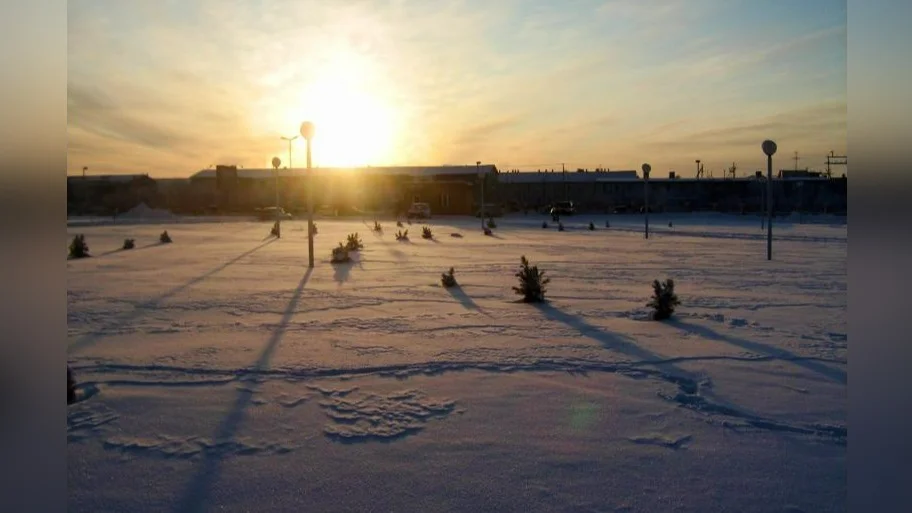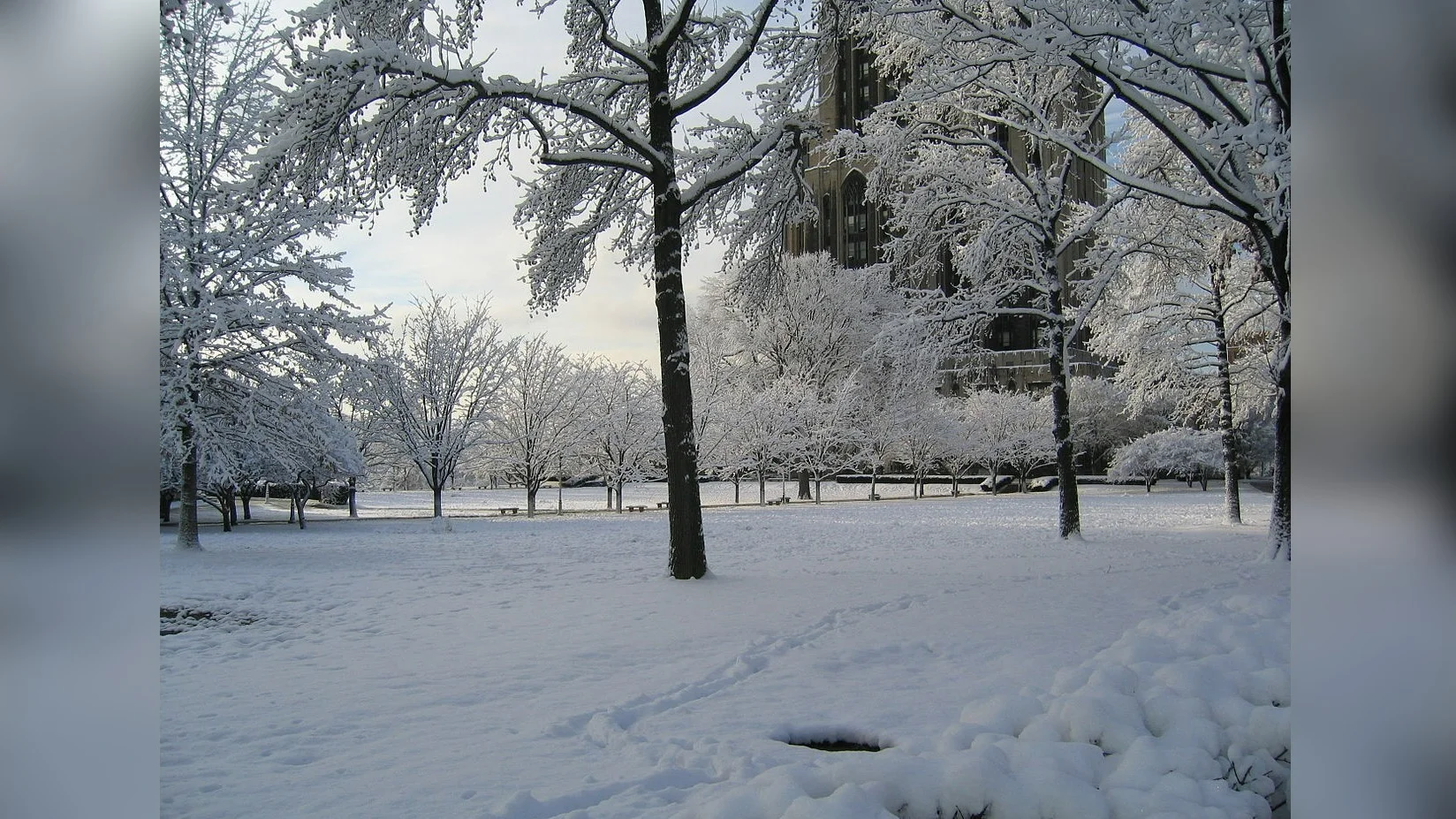On May 24, 2025, a groundbreaking ceremony took place for the Benin City Nigeria Temple of The Church of Jesus Christ of Latter-day Saints. The event was held in Benin City, Nigeria, and was attended by church members, leaders, and invited guests.
Elder Adeyinka A. Ojediran, First Counselor in the Africa West Area Presidency, presided over the ceremony and offered a dedicatory prayer at the site. He was joined by his wife Olufunmilayo, Elder Isaac K. Morrison, Second Counselor in the Africa West Area Presidency, and his wife Hannah.
The temple was first announced during the April 2020 general conference by President Russell M. Nelson. It will be built on a 2.17-acre site at 16 Commercial Avenue in Benin City and will include an arrival center and patron housing upon completion.
In his address titled "God’s Love made Manifest in the Temple," Elder Ojediran highlighted the importance of temples as sacred places where individuals can make covenants with God and receive blessings for themselves and their families. He stated that temples are "houses of the Lord" where people can seek spiritual guidance and receive revelations.
During the dedicatory prayer, Elder Ojediran asked for divine protection over those involved in the temple's construction and expressed gratitude for ancestors whose lives would be blessed through sacred rites performed in the temple.
Local church members also participated in the ceremony, including Elder Charles O. Oide from the Africa West Area who conducted the event, youths Opeyemi Folorunsho Sunday and Eunice Ebevuhe, as well as patriarch Frank O. Erahabor.
The Benin City Nigeria Temple is one of several temples associated with The Church of Jesus Christ of Latter-day Saints in Nigeria. Currently, there is one operational temple in Aba; two under construction in Lagos and Benin City; and four more have been announced for Eket, Calabar, Abuja, and Uyo.
Temples are considered by Latter-day Saints to be houses of worship distinct from meetinghouses or chapels where regular services occur. Temples are primarily used for conducting sacred ceremonies such as marriages that unite families eternally and proxy baptisms for deceased ancestors who were not baptized during their lifetimes.
 Alerts Sign-up
Alerts Sign-up




